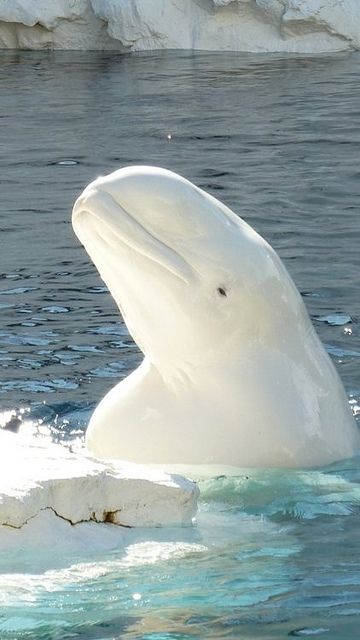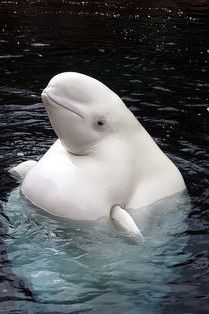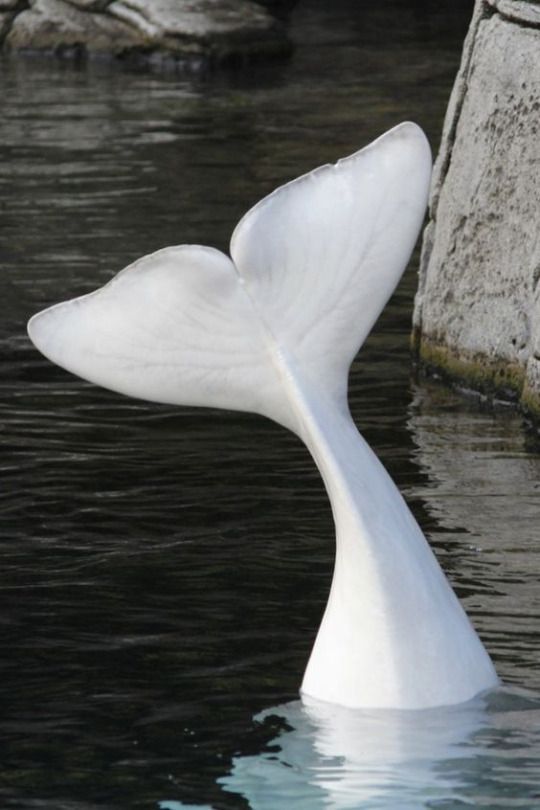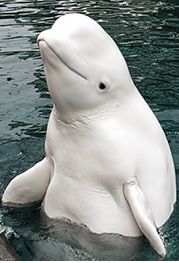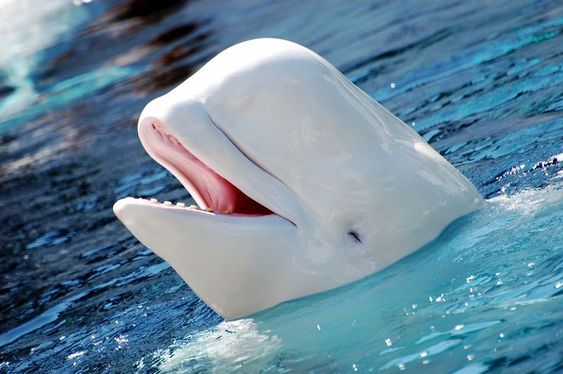In the vast expanse of the ocean, a magnificent creature captures our imagination and stirs our hearts – the white whale. These iconic marine mammals, known for their sheer size and awe-inspiring presence, have captured the attention of humans for centuries. Let us dive into the world of these beloved giants and explore the wonder they bring to our oceans.
The white whale, scientifically known as the beluga whale, holds a special place in the hearts of many. Its distinctive all-white coloration sets it apart from other whales, creating a striking visual impression against the backdrop of the ocean’s blue hues. These graceful creatures possess a gentle and inquisitive nature, often displaying a playful and sociable demeanor.
Beluga whales are found in Arctic and sub-Arctic waters, where they navigate through icy seas with ease. Their streamlined bodies and powerful tails enable them to swim swiftly, while their unique melon-shaped head and flexible neck allow them to maneuver with precision. Observing a pod of beluga whales gracefully gliding through the water is a truly mesmerizing sight.
One of the most enchanting features of beluga whales is their melodic communication. They produce a wide range of vocalizations, often described as songs or clicks, which allow them to communicate with one another and navigate their environment. Their repertoire of sounds has earned them the nickname “sea canaries,” adding to their mystique and captivating allure.
The social structure of beluga whales is another captivating aspect of their lives. They live in tight-knit groups known as pods, which can range in size from a few individuals to several dozen. Within these pods, strong bonds are formed, and communication is vital for their cohesive functioning. The bonds between mothers and calves are particularly strong, with the mother providing care and protection for her young.
Beluga whales are also known for their intelligence and adaptability. They have been observed using various strategies to navigate icy waters, such as following cracks in the ice or using their heads to break through thinner ice layers. Their ability to adapt to changing environments and exhibit problem-solving skills showcases their remarkable adaptability.
Unfortunately, beluga whales face numerous challenges in their natural habitat. Climate change, pollution, habitat degradation, and human activities pose threats to their survival. Conservation efforts are crucial to protecting these beloved giants and preserving the delicate balance of our oceans.
The allure of beluga whales extends beyond scientific fascination. They have captured the hearts of many, inspiring art, literature, and conservation efforts. Their captivating presence in aquariums and marine parks allows people to develop a deeper connection and appreciation for these magnificent creatures, fostering awareness and concern for their conservation.

